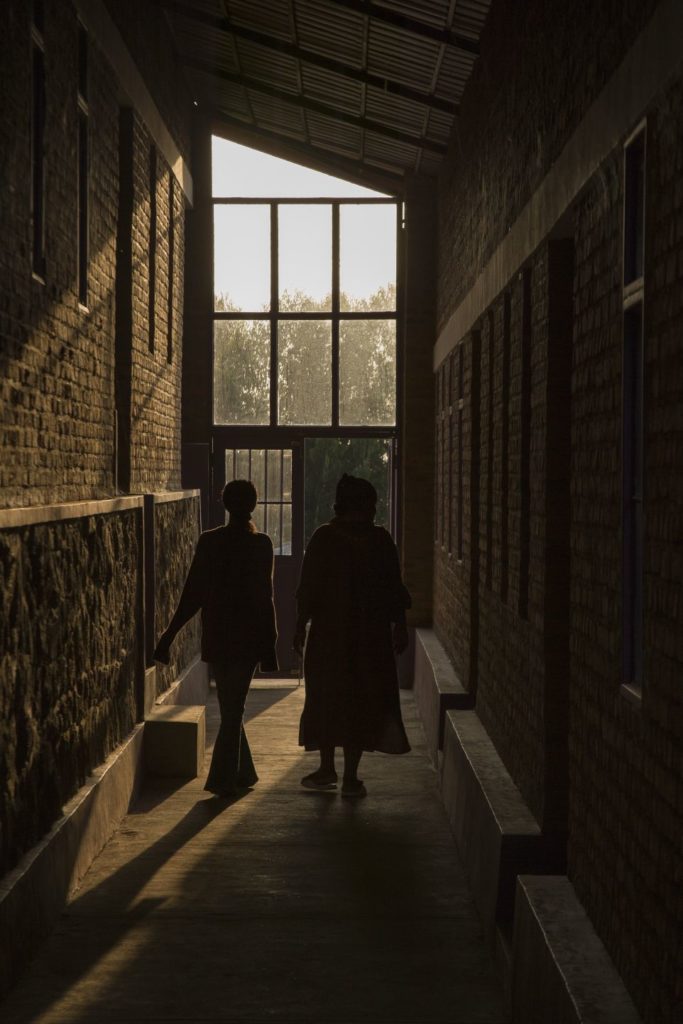
A new paper, Lessons from Rwanda: Post-Genocide Law and Policy, by Zachary D. Kaufman in the Stanford Law & Policy Review (August 2019) sets out the Lessons from Rwanda which emphasises that “learning from the Genocide against the Tutsi provides crucial insight into averting conflict and fostering more inclusive communities.” One of the key lessons is that “Supporting Survivors is Fundamental”:
The damage wrought by genocide physically, emotionally, and financially is unfathomable. After the Genocide against the Tutsi in 1994, survivors required basic needs, such as food, water, and housing. A 2018 survey found that 35% of survivors between 25 and 65 years old reported mental health problems. Such harm isn’t just limited to direct survivors; studies show that genocide trauma can be intergenerational.
The UNGA has recognized the attention that the international community should pay to genocide survivors. In 2005, the UNGA adopted a resolution proclaiming “basic principles and guidelines on the right to a remedy and reparation for victims of gross violations of international human rights law and serious violations of international humanitarian law.” This resolution urges the international community to support measures to ensure the “safety, physical and psychological well-being and privacy” of such victims and their families. It also articulates victims’ rights to remedies, including access to justice and reparation for harm suffered.
Like with other forms of justice, full restitution for genocide is impossible. Indeed, these post-genocide objectives can be interrelated. An emphasis on retributive justice for génocidaires may come at the expense of survivors’ other reparative justice needs. With compassion and respect for their dignity, human rights, and autonomy, we should help genocide survivors heal and rebuild as much as possible through providing physical and mental health services, housing, economic compensation, access to justice, and other programs. Non-governmental organizations, such as genocide survivors’ funds, facilitate such assistance.
However, these groups require additional support, such as direct donations from governments, the development and humanitarian aid sector, the private sector, and concerned citizens around the world.
Kaufman, Zachary D., Lessons from Rwanda: Post-Genocide Law and Policy (August 2, 2019). Stanford Law & Policy Review Online, 2019. Available at SSRN: https://ssrn.com/abstract=3431422
